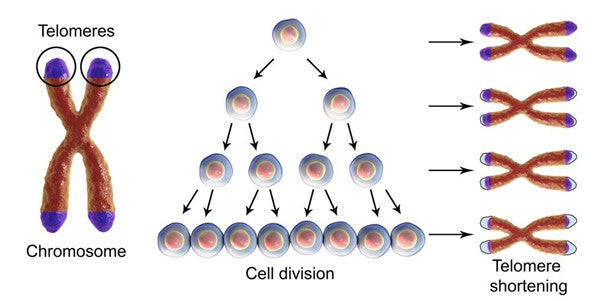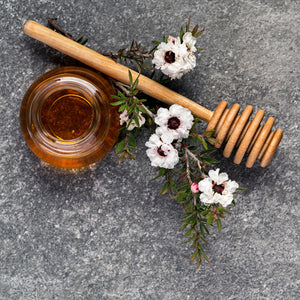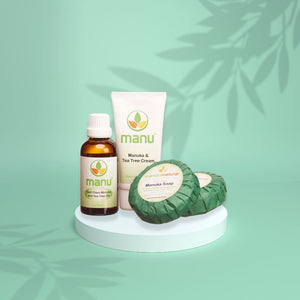
Turtles and beekeepers hold the same answer about the longevity formula: Part 2
Beekeepers also hold the key to the longevity formula
There is nothing in the world that could beat honey as an aid to defy old age. Keep bees and eat honey if you want to live long. Beekeepers live longer than anybody else.
John Anderson
The question of long life has excited human minds of all time. The hieroglyphs of ancient Egypt and China, older monuments of India and Greece speak of this.
Thinkers and healers of ancient times attached great importance to honey. They believed that its use in food contributes to the extension of human life and that people who regularly eat honey often reach very old age. For example, the great philosopher and mathematician Pythagoras claimed that he lived to a very old age thanks to the constant use of honey.
The oldest monument of Indian folk medicine – Ayurveda (Book of Life) and the Laws of Manu, contain information that prolonged life is possible with the help of elixirs and a diet that includes both honey and milk.
Do people who eat honey really live longer?
I would like to answer that question with one anecdotal and one scientific story.
Residents of the Greek island of Ikaria (one of the blue zones), where the most significant number of centenarians live, eat one food daily to which they owe such a long life. If you ask them, honey is the key ingredient for longevity.
Along with a diet rich in potatoes, dairy products, and coffee, the locals of Ikaria consume a spoonful of local honey daily to maintain their physical and mental strength.
Local cook Diana Kocilas explained that the secret of this food is its “purity.”
According to her, this is precisely why people who consume it daily are long-lived. This is because there are no chemicals, pesticides, or preservatives that you usually find in commercially produced honey. “It goes from a bee to someone’s mouth.”
All types of honey are loaded with antioxidants, phytonutrients, and prebiotics and have antibacterial and antifungal properties, so it is not surprising that such a pure form of food is associated with longevity.
What about scientific evidence of the longevity formula provided by honey?
Scientific evidence that honey is an ultimate longevity formula
The following research aims to provide you with an insight into the longevity of life in beekeepers by measuring their telomere length (the DNA was extracted from blood samples).
Besides that, we hope to shed some light on the factors that may influence the longevity of life in beekeepers and other people.
To the best of our knowledge, this is the first report of its kind.
The Institute found that telomere length is influenced by a few factors (Saliques et al., 2010; Stewart et al., 2012). However, oxidative stress is one of the key contributors to telomere shortening due to the telomere structure itself.
This study found that beekeepers have significantly longer telomere length than non-beekeepers. In addition, scientists also found that a longer period of consumption of bee products is associated with a longer telomere length.
Besides that, an increase in the frequency of bee product consumption per day was also associated with longer telomere length.
The group of beekeepers had a mean of 8.13 kbp with SD 3.64, which was longer than the non-beekeeper group, which had a mean of 5.85 kbp with SD 1.53.
This evidence, therefore, suggested that longer telomere length might reflect the longevity of life.
Just an increase in the year consuming bee products is associated with a mean increase in telomere length.
Besides aging, telomere length is associated with longevity of life as well. For example, studies in premature aging syndromes like Werner, Hutchinson-Gilford, and dyskeratosis congenita (DC) display the traits of shorter telomeres, accelerated aging, and reduced life span.
On the other hand, longer telomeres have been positively associated with a healthy life and longevity. (1)
Also, beekeepers with longer telomeres had an overall improved health profile, cognitive functions, and lipid profiles compared to people who didn’t take honey daily.
Although the primary mechanisms of how bee products protect telomere length in people that consume honey regularly are unknown, we presume that bee products provide protective effects on telomere length against oxidative stress.
The phenolic compounds and flavonoids contribute to the antioxidant capacity of honey and propolis in them (Aljadi and Kamaruddin 2004). In addition, a study showed that honey exhibited a protective effect in endothelial cells against oxidative stress.
Bee products such as honey, royal jelly, and propolis are widely known for their great antioxidant capacity (Viuda‐Martos et al. 2008).
And as we wrote before, honey consists of up to 95 % carbohydrates and includes an extensive selection of proteins, enzymes, amino acids, minerals, trace elements, vitamins, and polyphenolic compounds. (2)
What can you do to have a more significant longevity effect?
Boost telomeres and protect them!
How?
In the book ‘Telomeres,’ biologist Elizabeth Blackburn and psychologist Elisa Epel explain how the average person can protect their telomeres and start feeling better.
Blackburn won the Nobel Prize for her work on how telomeres affect disease and the aging process.
“This sequence of nucleotides, which resembles the top of a shoelace, protects the genetic material in DNA. As a result, people with longer telomeres have a lower mortality rate from tumors and other diseases, but they shorten with age. Certain lifestyles also affect their shortening.”
That’s why Blackburn and Epel want to explain to readers that there are ways to make our telomeres longer and more durable.
“Telomeres are long and strong in vital older people, but fragile in those prone to disease at a young age,” Blackburn said in an interview.
Not surprisingly, the telomere-protecting habits are precisely what your mother and doctor always advised you to do: think positive, practice meditation, eat plant-based foods, don’t eat (autophagy), and get enough sleep.
These procedures can slow down the inevitable aging process or even reverse it.
“The influence of our environment is significant for telomeres. That’s one of the shocking things that research and a lot of testing have found,” Blackburn said in an interview with CBS.
In the end …
In conclusion, the mentioned study has five main findings.
1) Firstly, telomeres in beekeepers are longer as compared to non-beekeepers.
2) Since telomere length reflects life’s longevity biologically, beekeepers may have longer lives than non-beekeepers.
3) Thirdly, longer telomere length in beekeepers is associated with a longer period of bee product consumption.
4) Frequent consumption of bee products per day is also associated with longer telomere length.
5) Finally, this study suggests that bee product consumption might benefit telomere length maintenance.
Someone ages faster rather than slower, which is genetically determined, and yet closely related to nutrigenetics.
In other words, grab a spoon and consume pure, unrefined, and potent honey.
When you are already here, have you tried Manuka honey?
Please share this with your social media contacts or anyone you think could benefit from manuka honey.



发表评论